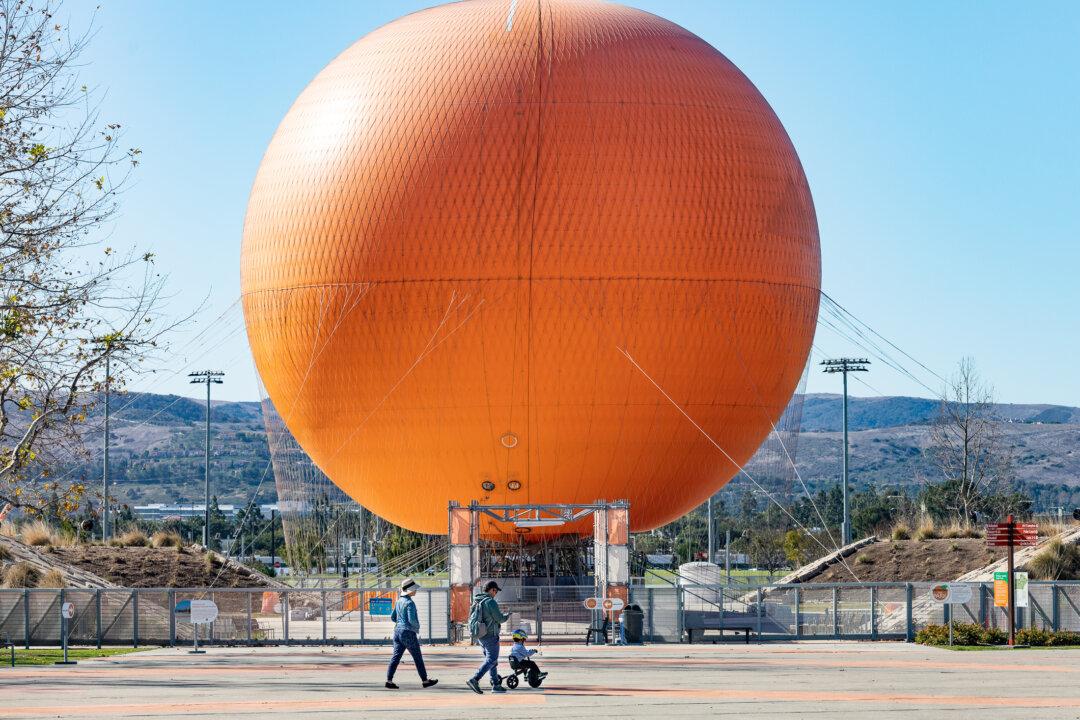The City of Irvine voted unanimously Feb. 28 to dedicate a space in its Great Park for a memorial in remembrance of the Armenian Genocide of the early 1900s.
A presentation by city staff suggested its location could potentially be in the “heart of the park” neighboring a lake, the Great Meadow, and surrounding open spaces to provide “a space of solemn reflection.”





